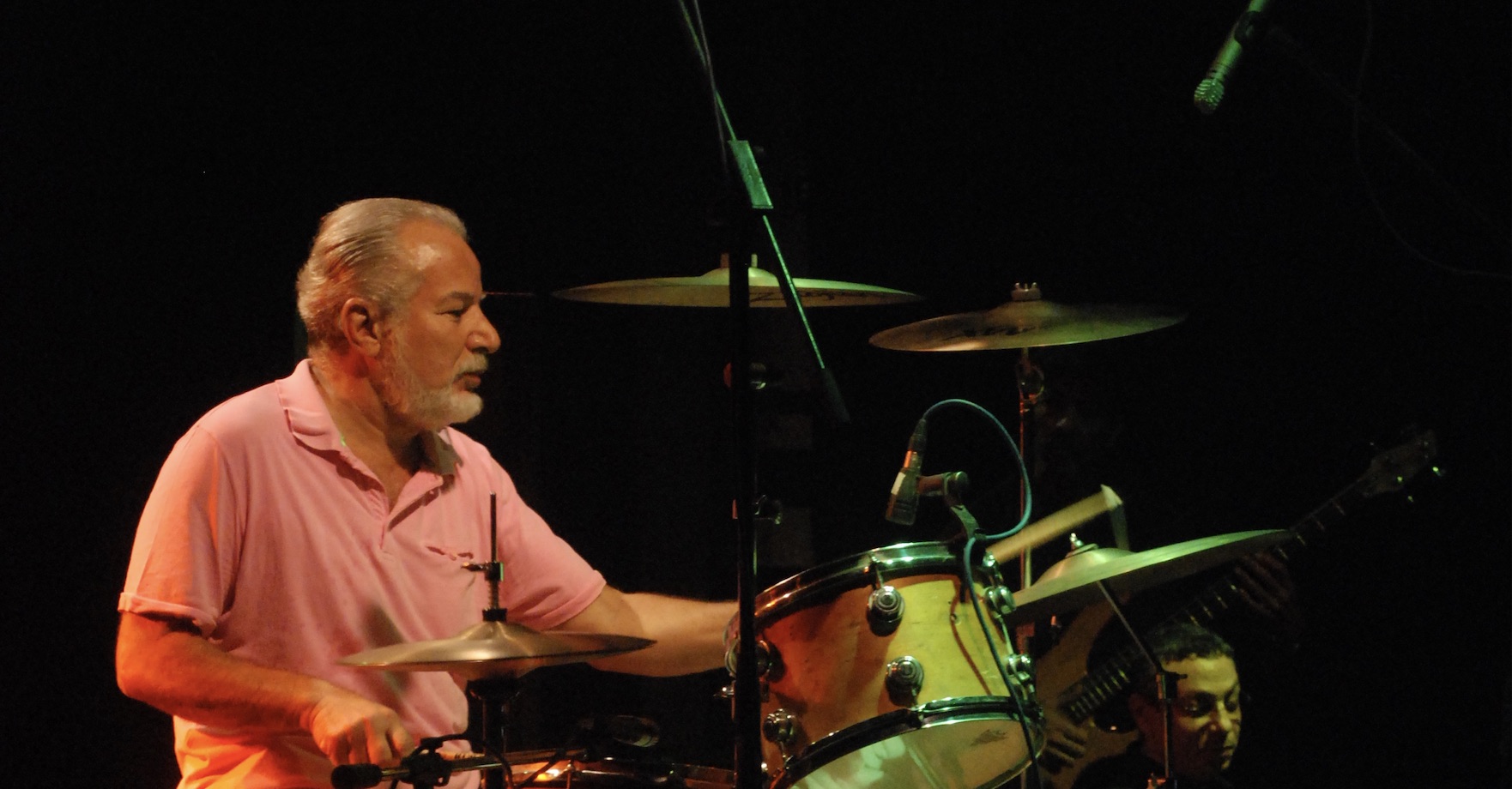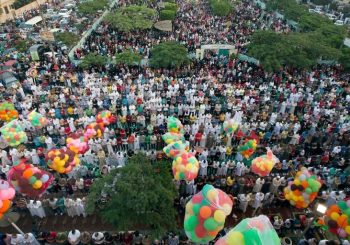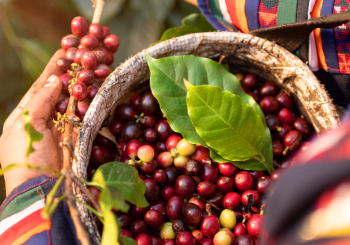Jazz music: hearts beat for its lively tunes and feet tap to its pulsating rhythms. An art of improvisation and surprise, it is a genre that rejuvenates the soul; jazz was described by American jazz critic John Fordham as the “sound of the skipped heartbeat, the caught breath, and the sudden smile.”
Between the 1890s and the 1890s, jazz emerged as a new style of music, developed by African-Americans in New Orleans. It quickly grew as a distinctive genre of music around the world, and a number of astounding jazz musicians appeared in Egypt during the mid-1800s.
“Egypt has an interesting history in jazz that dates back to the 30s of the last century […] it is quite well received here in Egypt. Yet there is a need for extra effort to see more jazz for it to get exposed to the international scene,” explains Amro Salah, founder of the Cairo Jazz Festival to Egyptian Streets.
Fusing jazz with oriential, traditional, and folkloric tunes – Yehia Khalil, Salah Ragab, and Fathy Salama are three of Egypt’s jazz giants who have paved the way for jazz listeners and enthusiasts.
Yehia Khalill

“Jazz is different from any other music genre; it reaches directly to the soul,” explains Yehia Khalil to Al-Monitor.
Widely recognized as the pioneer of Oriental Jazz, the famous drummer Khalil is considered one of Egypt’s jazz pioneers. He founded the Cairo Jazz Quartet, the first jazz band in Egyptian history at the young age of 13. In 1965, he left for the United States to study jazz. In his 15-year long stay, Khalil earned a degree from the American Conservatory of Music and was tutored by the legendary American percussionist Roy Knapp.
From a young age, Khalil had reached his zenith of popularity in Egypt, but after his time in the United States, he became even greater, described by jazz legend Dizzie Gillepsie as “the greatest percussionist alive, he has earned international recognition for his unique blend of oriental and western sounds.” He has played with celebrated world artists such as The Four Tops, Eric Clapton, James Brown, and Jimi Hendrix.
Khalil’s music presents a fusion of percussion arrangements, mixing orientail music with jazz, a fusion that was admired by his listeners in Egypt and abroad as well. He would put unique spins on old folkloric songs from Umm Kulthum and Wadih El Safi, which his audience loved. Khalil is a pioneer, a game-changer of music in Egypt with a career spanning decades, he continues to become a redefiner of jazz music.
Salah Ragab
Salah Ragab was a ‘military commander by day, a jazz musician at night,’ considered as the father of Egyptian jazz. The drummer, band leader, and military commander founded the Cairo Jazz Band in 1968, an iconic band that took Egypt’s biggest concert halls by storm, laying down recordings that still sound as fresh today. Ragab was inspired by Western music, and was adventurous enough to merge it with Egyptian folklore; his band was famous for fusing American jazz tunes, Islamic oratory traditions, and Egyptian folk music, creating lo-fi, chill and culturally rich beats.
Ragab was appointed as the head of the army’s music department, and with the help of friends and collaborators, he managed to handpick 20 soldiers to be taught jazz in a military house in Heliopolis.
He drilled them for months, with the help of Hartmut Geerken, a German musician who worked at the Goethe Institute and a friend of Ragab, the band was extensively taught jazz in theory and practice. The Cairo Jazz Band kept playing and performing until Salah Ragab passed away in 2008, but he remains a legendary jazz artist who paved the way for aspiring musicians in Egypt.
“He had the sound in his head, and he was able to translate this sound to life, which is not usual,” explains Rashad Fahim, a celebrated Egyptian jazz pianist and longtime friend of Ragab’s. “In general, drummers like to learn the rhythm note-by-note, and they play it like they study it. But Salah was playing from inside.”
Fathy Salama
As a young boy who grew up listening to the music of Umm Kulthum, Abdel Wahab, and Farid El Atrach, Fathy Salama rose to become one of the pioneers of the Egyptian jazz scene. Salama started learning the piano at the age of six, and was performing in Cairo clubs by the age of 13. With big dreams, Salama ventured to Europe and the United States to learn from the finest jazz artists, such as Barry Harris, Sun Râ, Malik Osman, Hal Galper, Ossman Kare, and Pat Patrick.
During the 1980s, Salama produced for Egyptian megastars, such as Amr Diab, Mohamed Mounir, Aly El Haggar, and Anoushka; he also won awards for his soundtracks for movies, including Gannat Al Shayateen (‘Fallen Angels Paradise,’ 1999) and the 40-minute feature film Alamat Abreel (‘April Signs’, 1991). During this time as well, Salama’s own group, Sharqiyat (Eastern) was mixing jazz with a Middle Eastern flavor, fulfilling his dream of merging modern and traditional music together. His music is characterized by its combination of folklore and jazz, and one of his most famous albums Ra’eset Gamal (‘Camel Dance’, 1991) was listed among “Top World” albums in this genre.
Salama gained a regional reputation as a pioneer of modern Arabic pop, producing the kind of music that made Salama the only musician from the Arab world to win Grammy and BBC Awards.






Comment (1)
[…] عمالقة الجاز الذين ابتكروا موسيقى الروح في مصر […]